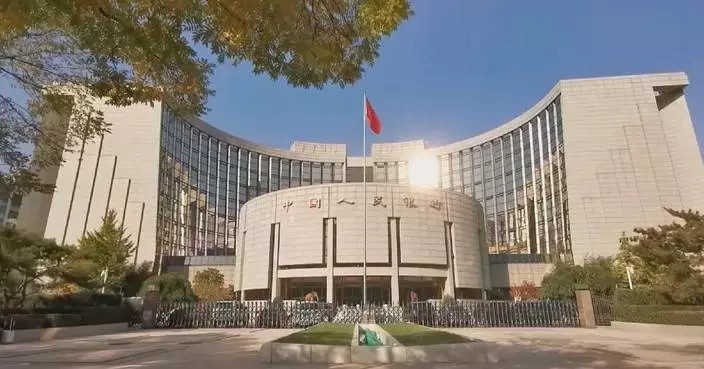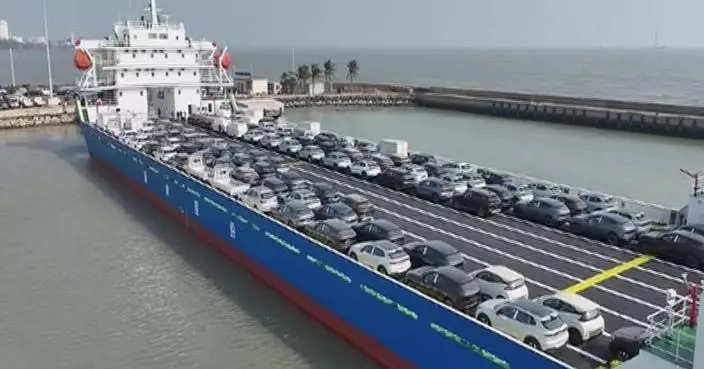Poland's business operators are struggling to stay afloat, with soaring energy prices and a challenging market situation pushing them to the edge of bankruptcy after the European Union (EU) and the United States imposed multiple rounds of sanctions on Russia.
Since the outbreak of the Russia-Ukraine conflict, Poland has been in a state of high inflation, with average inflation rates of 14.4 percent and 11.4 percent in 2022 and 2023, respectively. Although the figure fell back to around 5 percent in 2024, high prices are seriously affecting business operators and local residents.
Pitol's bakery in Wroclaw, Poland, is facing its toughest challenge so far, with the owner expressing deep concern about the business's future.
"It is getting harder and harder. Many bakeries have closed down because it is hard for them to make money. Natural gas is getting more expensive, electricity is getting more expensive, and costs are rising. Therefore, the profit margins for us manufacturers are getting smaller and smaller," he said.
To keep costs down, Pitol has decided to stick with the old gas oven, rather than investing in a new, more efficient baking oven.
Before the Russia-Ukraine conflict, 45 percent of Poland's natural gas demand came from imports from Russia, but as the EU imposed energy sanctions on Russia, the price of natural gas in Poland has skyrocketed.
"Russian gas used to be cheap, and gas prices used to be quite stable. We paid an average of 6,000 zlotys (about 1,459 U.S. dollars) a month. Now the monthly bills are so high that we can't plan anything for the future. We pay twice as much as before, and when the price increase was the worst, we paid four times as much," said Pitol.
Jakub Rybacki, head of the macroeconomics team at the Polish Economic Institute said that after the Russia-Ukraine conflict, Poland's energy prices soared by an average of about 20 percent, which seriously affected the country's economic development.
"Definitely, the energy crisis that shock Europe is still visible, the energy prices are high here, it’s hard to expect the price to drop. Right now, we are changing the mix of our energy resources, being less dependent on imports, for example, natural gas from Russia. This of course has its costs, like it is probably more expensive, but I think right now, it is hard to imagine any other options," he said.
According to a survey report by the Polish Economic Institute, 59 percent of companies complained that high electricity prices hindered their development, and in the industrial sector, this proportion even reached 67 percent.
"Definitely, this energy crisis is shifting the supply chain of energy commodities, affecting the overall cost for companies. I think it will be very bright in the coming years, I think we will learn to live with higher costs," he said.

Poland businesses struggle to stay afloat as EU sanctions on Russia drive up energy costs

Poland businesses struggle to stay afloat as EU sanctions on Russia drive up energy costs









